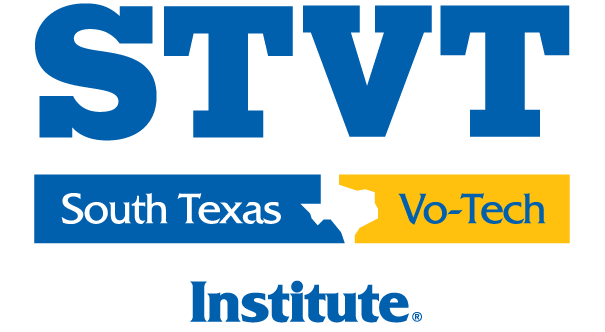Have you ever wondered how your home stays cool in the summer and warm in the winter? It’s all thanks to Heating, Ventilation, Air Conditioning, and Basic Refrigeration (HVAC/BR) systems. And with an HVAC/BR diploma, you can be the one helping to keep people comfortable!
What is HVAC/BR?
HVAC/R is a field that involves designing, installing, maintaining, and repairing systems that control temperature, humidity, and air quality. These systems are found in homes, businesses, and industries of all sizes.
Why Get an HVAC/BR Diploma?
An HVAC/BR diploma can open up a wide range of career opportunities. Here are some of the reasons why you should consider getting one:
- High National Demand: The HVAC/BR industry is in need of skilled technicians. With a growing population and increasing demand for energy-efficient systems, job opportunities are available.
- Good Pay: HVAC/BR technicians can earn competitive salaries, especially as they gain experience and certifications.
- Job Security: The HVAC/BR industry is relatively stable, even during economic downturns. Heating and cooling systems are frequently considered high priority.
- Variety of Work: HVAC/BR technicians can work in a variety of settings, including residential homes, commercial buildings, and industrial facilities.
- Hands-on Work: If you enjoy working with your hands and solving problems, HVAC/BR is a great career choice.
- Continuous Learning: The HVAC/BR industry continues to evolve leading to new technologies and techniques to learn.
HVAC/BR Career Opportunities
With an HVAC/BR diploma, you can pursue a variety of careers. Here are some of the most common:
- HVAC Technician: As an HVAC technician, you can install, repair, and maintain heating and cooling systems in homes and businesses.
- Refrigeration Technician: Refrigeration technicians specialize in repairing and maintaining refrigeration equipment, such as refrigerators, freezers, and ice machines.
- Commercial HVAC Technician: Commercial HVAC technicians work on larger systems in commercial buildings, such as office buildings, schools, and hospitals.
- Industrial HVAC Technician: Industrial HVAC technicians work in industrial settings, such as factories and manufacturing plants.
- HVAC Salesperson: HVAC salespeople sell heating and cooling equipment to homeowners and businesses.
- HVAC Estimator: HVAC estimators calculate the cost of HVAC projects.
- HVAC Designer: HVAC designers design heating and cooling systems for new construction projects.
How to Get an HVAC/BR Diploma
There are many ways to get an HVAC/BR diploma. Here are a few options:
- Vocational-Technical Schools: Vocational-technical schools offer hands-on training in HVAC/BR.
- Community Colleges: Community colleges offer HVAC/BR programs that lead to associate degrees or certificates.
- Apprenticeships: Apprenticeships combine on-the-job training with classroom instruction.
The Benefits of an HVAC/BR Career
An HVAC/BR career offers many benefits, including:
- Job Satisfaction: Helping people stay comfortable is a rewarding experience.
- Flexibility: Many HVAC/BR jobs offer flexible hours.
- Travel Opportunities: Some HVAC/BR jobs may involve travel.
- Opportunities for Entrepreneurship: With experience, you can start your own HVAC/BR business.
Next Steps
An HVAC/BR diploma can open up a world of opportunities. If you’re looking for a rewarding career with job security, HVAC/BR is a great option.
So, what are you waiting for? Start your journey to a successful HVAC/BR career today! Contact STVT at 866-480-9766 to learn more or submit this form.
Blog Disclaimer: Information within this blog is for general information purposes only. STVT does not assume or guarantee certification/licensures, specific job/career positions, income earning potential or salary expectations based on the programs offered at STVT. Career and program information statements in this blog do not guarantee that programs or other information mentioned are offered at STVT. STVT cannot guarantee employment or salary.



